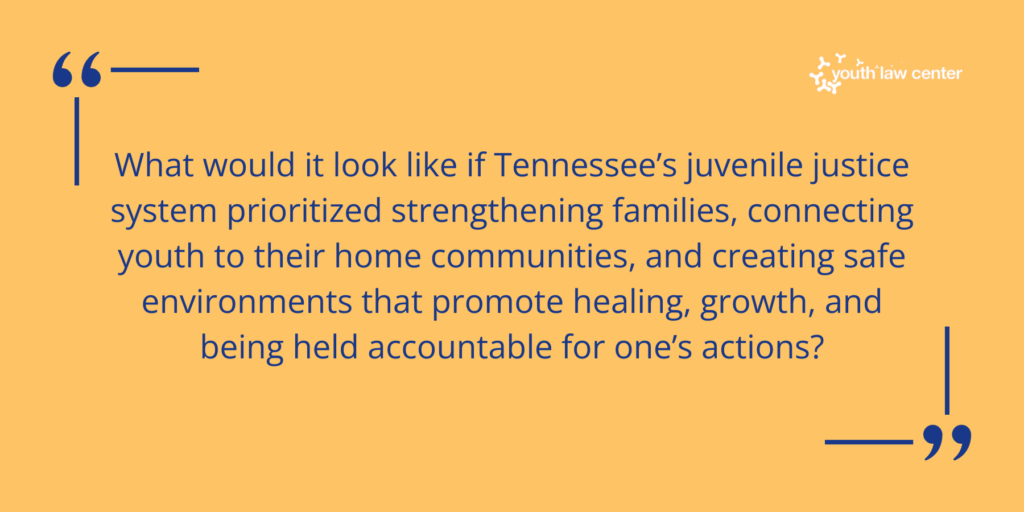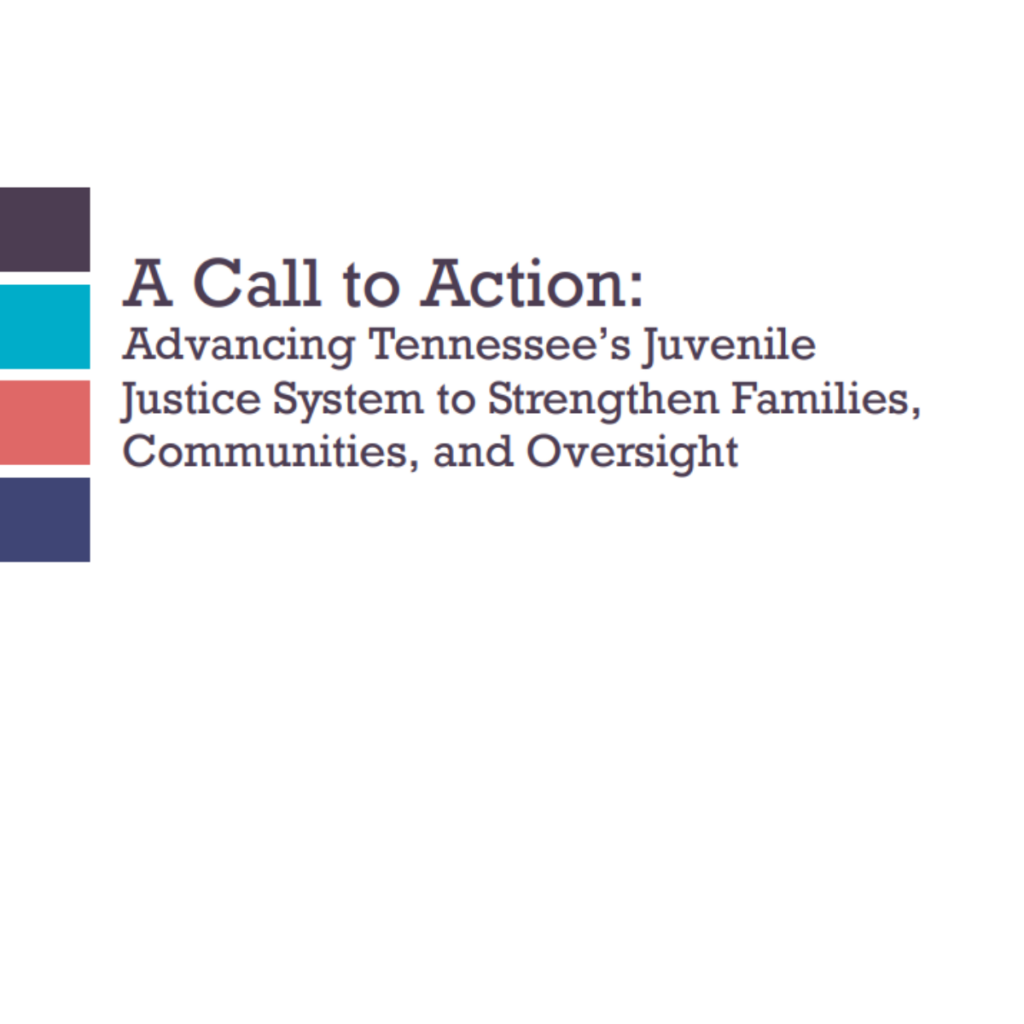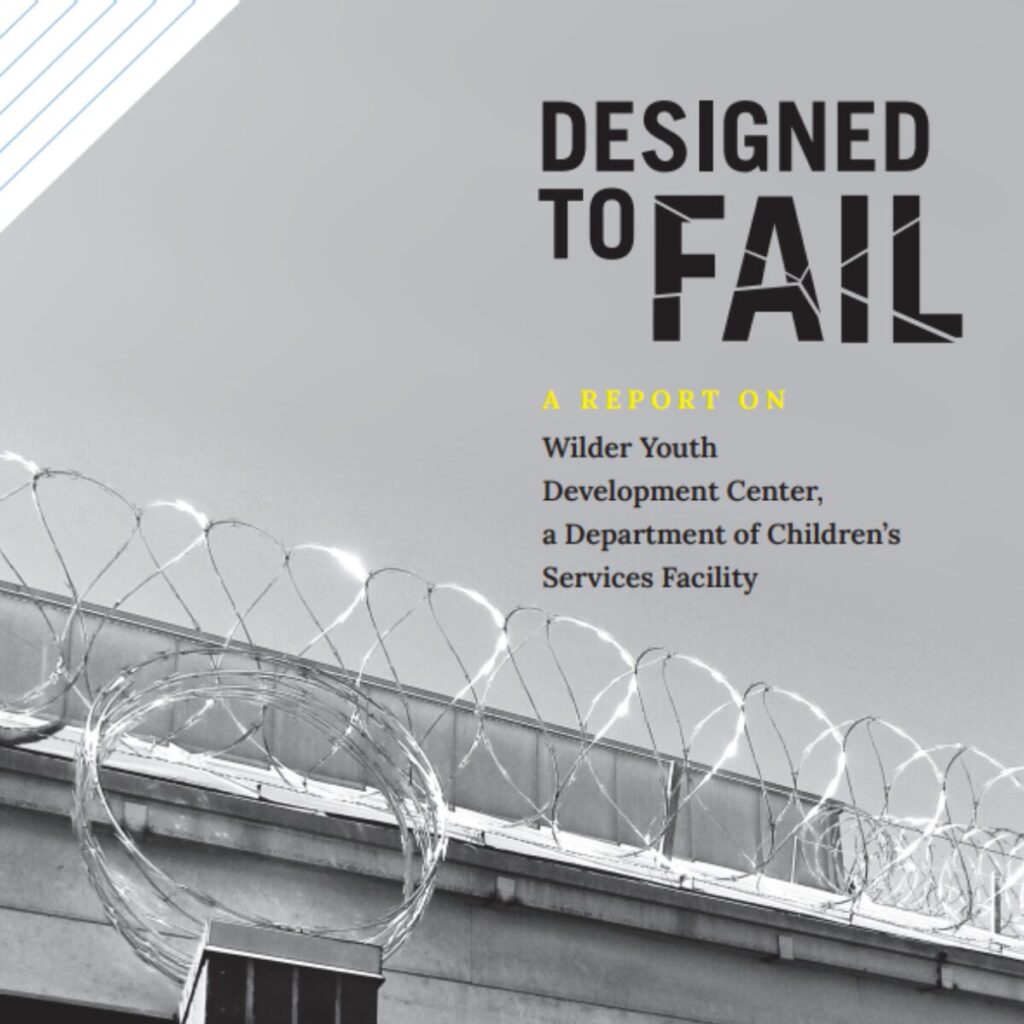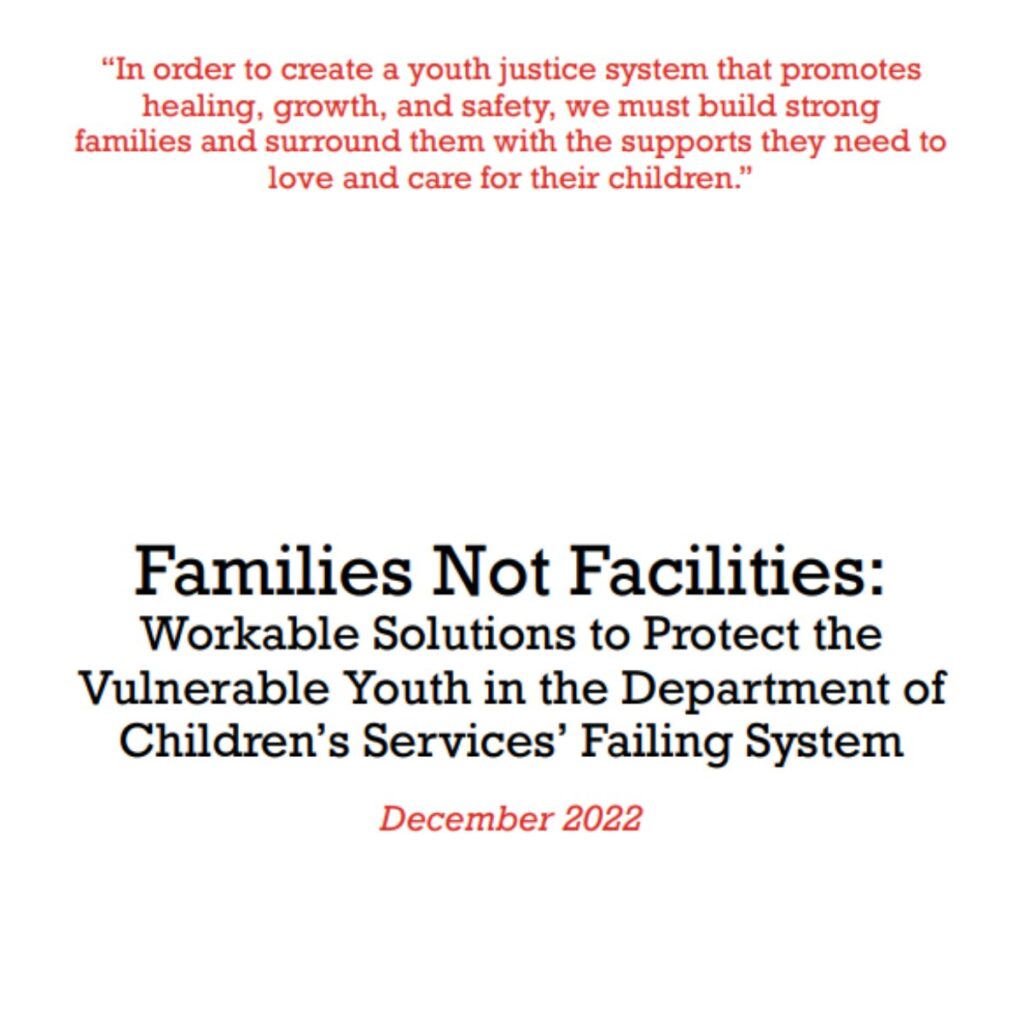Tennessee Advocacy

For over 40 years, the Youth Law Center has led national reforms to reduce institutional placements and improve conditions in juvenile justice and foster care systems. Since 2021, in partnership with Disability Rights Tennessee, YLC has focused on transforming Tennessee’s juvenile justice system. This advocacy targets issues such as abuse in custody, lack of access to appropriate supports and services for systems-impacted young people, and discrimination against Black children with disabilities. They also seek to end youth transfers to adult courts, the use of solitary confinement, and the lack of investment in community-based services. The ultimate goal is to protect vulnerable children and provide them with supportive, family-centered alternatives for rehabilitation and growth.
Research is clear that incarceration of youth undermines healthy adolescent development and has negative costs and consequences for both youth and society, including increased rates of future incarceration and lower rates of high school graduation. Despite this knowledge, in 2022, there were 27,457 juvenile court referrals in Tennessee, and the population of youth in state juvenile justice custody hovered around 600 on any given day. The majority of youth in prison-like state juvenile justice facilities are Black children with disabilities and almost 90% are youth with prior history in the child welfare system. These youth are also overrepresented in county juvenile detention centers.
Disability Rights Tennessee and the Youth Law Center remain concerned about the safety of youth in Tennessee’s juvenile justice facilities like Wilder Youth Development Center. The A Call to Action: Advancing Tennessee’s Juvenile Justice System to Strengthen Families, Communities, and Oversight report offers research-based action steps to overhaul Tennessee’s juvenile justice system. This third report builds on Disability Rights Tennessee and the Youth Law Center’s first two reports, Designed to Fail and Families Not Facilities, to offer solutions related to Tennessee’s juvenile justice system, which is overseen by the Department of Children’s Services. You can learn more about the personal impact of this work through Elijah’s story on page 15 of this report (page 17 of the PDF).



